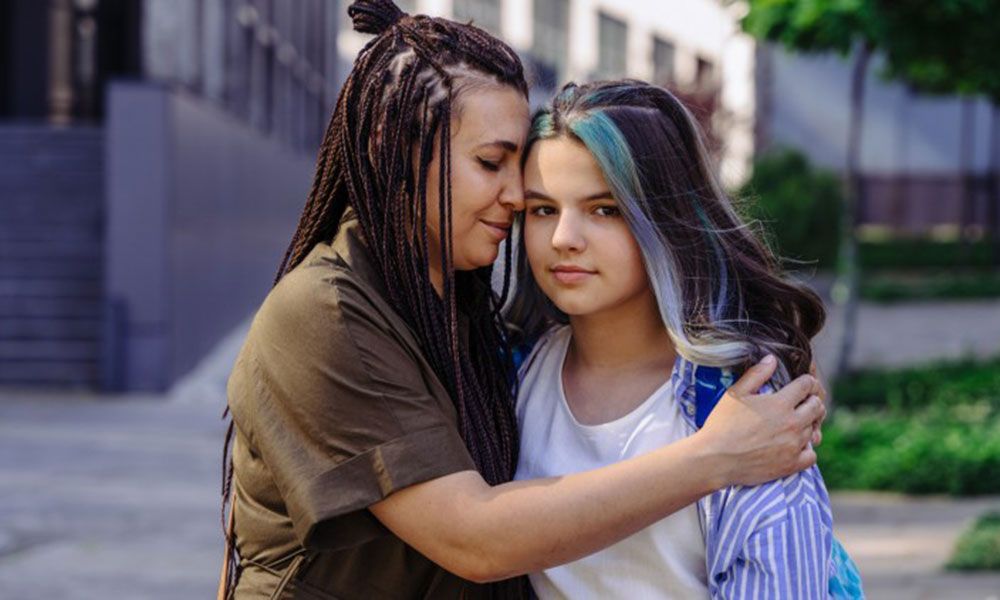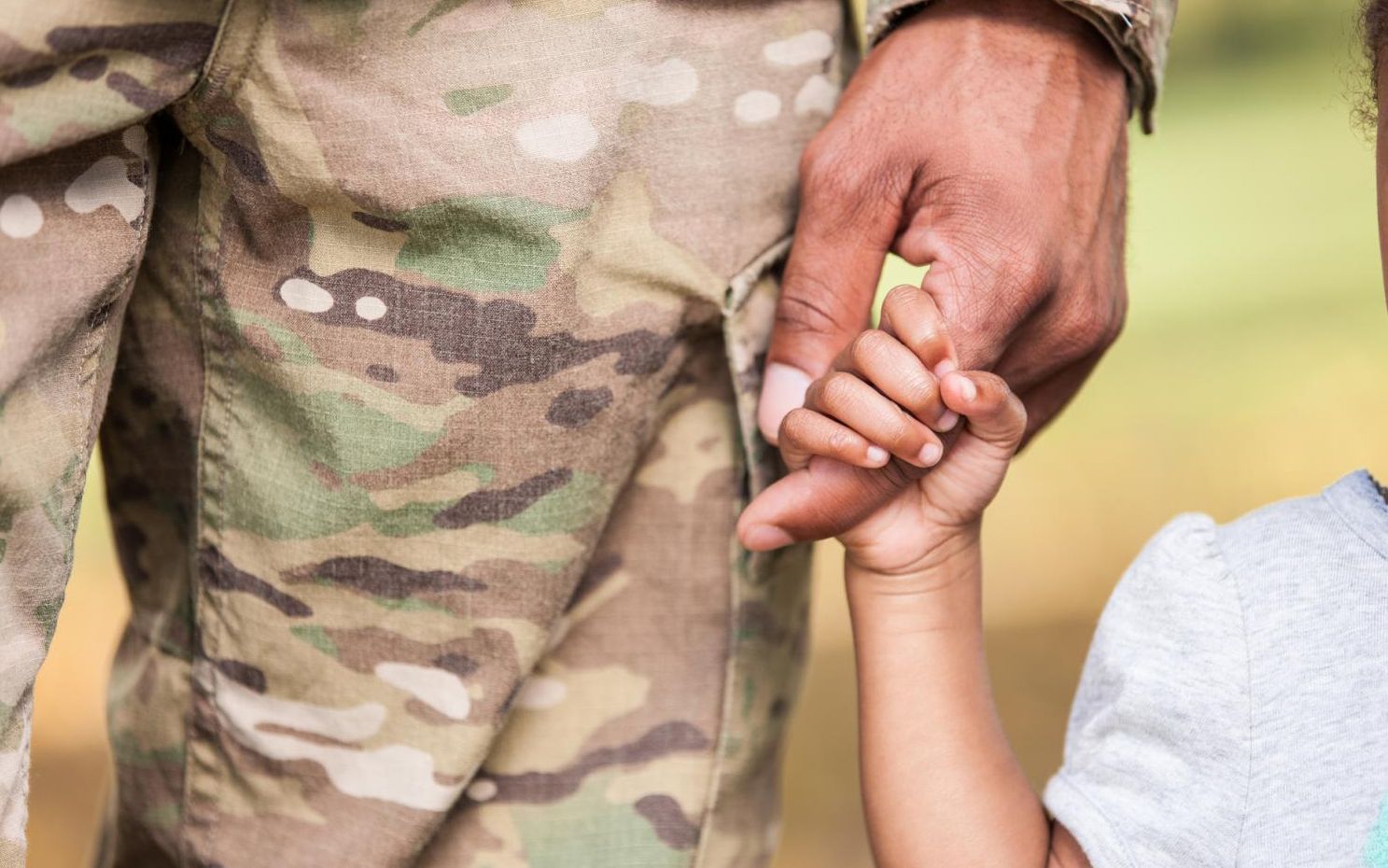School-based mindfulness programs show promising impacts for students

meditation-in-school-fullsize
May 14, 2021
Dozens of school-based mindfulness programs (SBMPs) have been developed and implemented in a range of school contexts across the world. These programs are often designed to teach students how to pay attention, regulate stress, feel better emotionally, engage in healthy relationships, and do better in school. As the number of mindfulness programs has increased, so too have the number of research evaluations of these programs’ impacts, outcomes, and effectiveness.
For a new social and emotional learning issue brief, Mindfulness in Schools: Impacts of School-based Mindfulness Programs on Student Outcomes in P–12 Educational Settings, Robert Roeser (Penn State), Brian Galla (University of Pittsburgh), and Rebecca Baelen (University of Pennsylvania) systematically collected and reviewed SBMP evaluations conducted between 2000 and 2019. Their objective was to discern whether and how these programs had improved students’ mindfulness and self-regulation skills, as well as a host of other positive developmental outcomes.
Among other findings, there is promising evidence that SBMPs reduce students’ feelings of anxiety and depression, support their physical health, and assist them in engaging in healthy relationships with others. However, these effects tend to vary in terms of school level. Their work also revealed that there is limited evidence at this time that SBMPs reduce students’ anger and aggression or improve their psychological well-being. Further study is needed to adequately assess program impacts on students’ school behavior and performance, and to determine which kinds of mindfulness practices and program elements, for which kinds of outcomes, for which students, at which ages, in which school contexts, work best.
Mindfulness in Schools: Impacts of School-based Mindfulness Programs on Student Outcomes in P–12 Educational Settings is the latest in a new series of issue briefs on future directions in social and emotional learning and education. The Robert Wood Johnson Foundation is supporting this work.
School-based mindfulness programs show promising impacts for students

meditation-in-school-fullsize
May 14, 2021
Dozens of school-based mindfulness programs (SBMPs) have been developed and implemented in a range of school contexts across the world. These programs are often designed to teach students how to pay attention, regulate stress, feel better emotionally, engage in healthy relationships, and do better in school. As the number of mindfulness programs has increased, so too have the number of research evaluations of these programs’ impacts, outcomes, and effectiveness.
For a new social and emotional learning issue brief, Mindfulness in Schools: Impacts of School-based Mindfulness Programs on Student Outcomes in P–12 Educational Settings, Robert Roeser (Penn State), Brian Galla (University of Pittsburgh), and Rebecca Baelen (University of Pennsylvania) systematically collected and reviewed SBMP evaluations conducted between 2000 and 2019. Their objective was to discern whether and how these programs had improved students’ mindfulness and self-regulation skills, as well as a host of other positive developmental outcomes.
Among other findings, there is promising evidence that SBMPs reduce students’ feelings of anxiety and depression, support their physical health, and assist them in engaging in healthy relationships with others. However, these effects tend to vary in terms of school level. Their work also revealed that there is limited evidence at this time that SBMPs reduce students’ anger and aggression or improve their psychological well-being. Further study is needed to adequately assess program impacts on students’ school behavior and performance, and to determine which kinds of mindfulness practices and program elements, for which kinds of outcomes, for which students, at which ages, in which school contexts, work best.
Mindfulness in Schools: Impacts of School-based Mindfulness Programs on Student Outcomes in P–12 Educational Settings is the latest in a new series of issue briefs on future directions in social and emotional learning and education. The Robert Wood Johnson Foundation is supporting this work.
Related People
Related People









